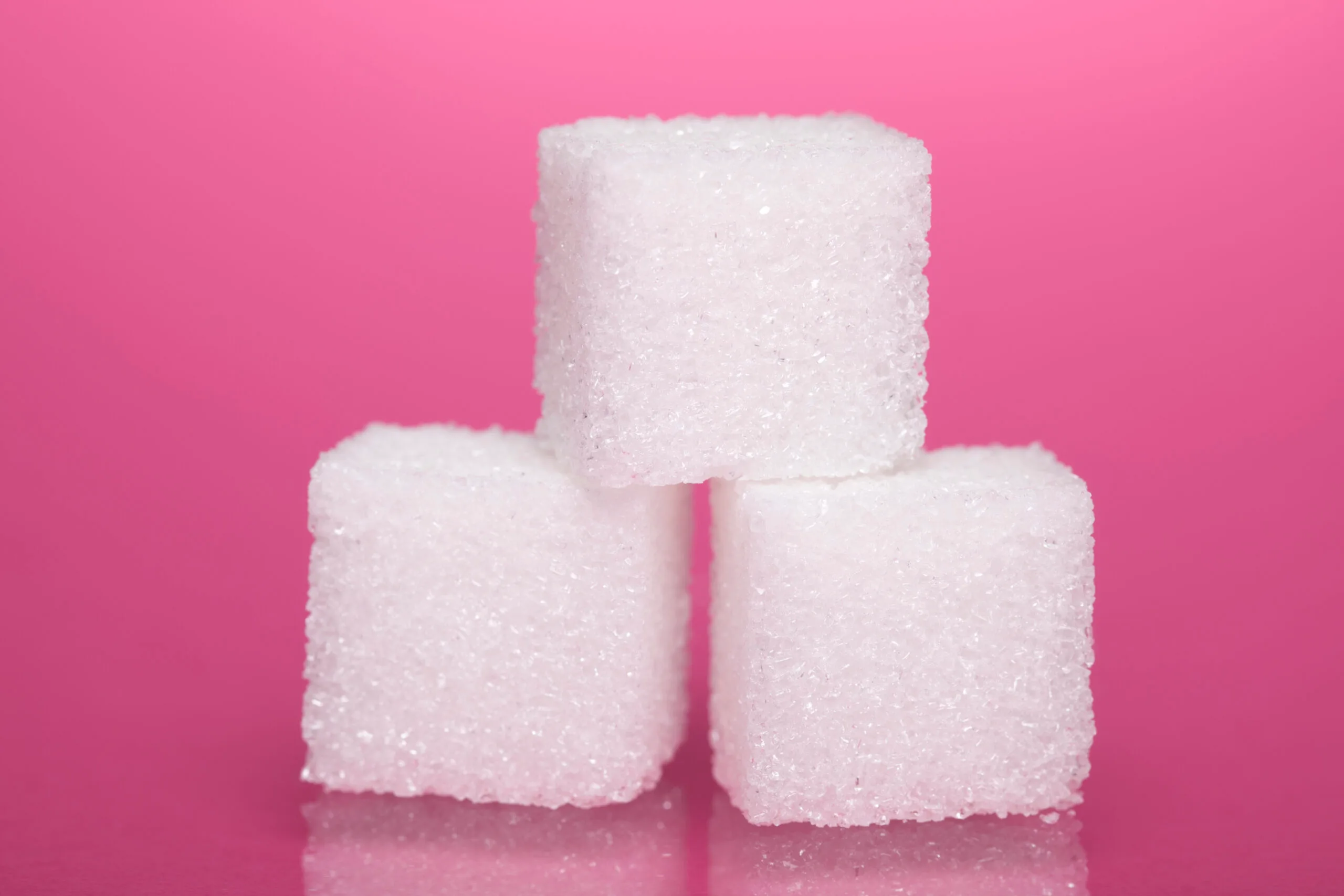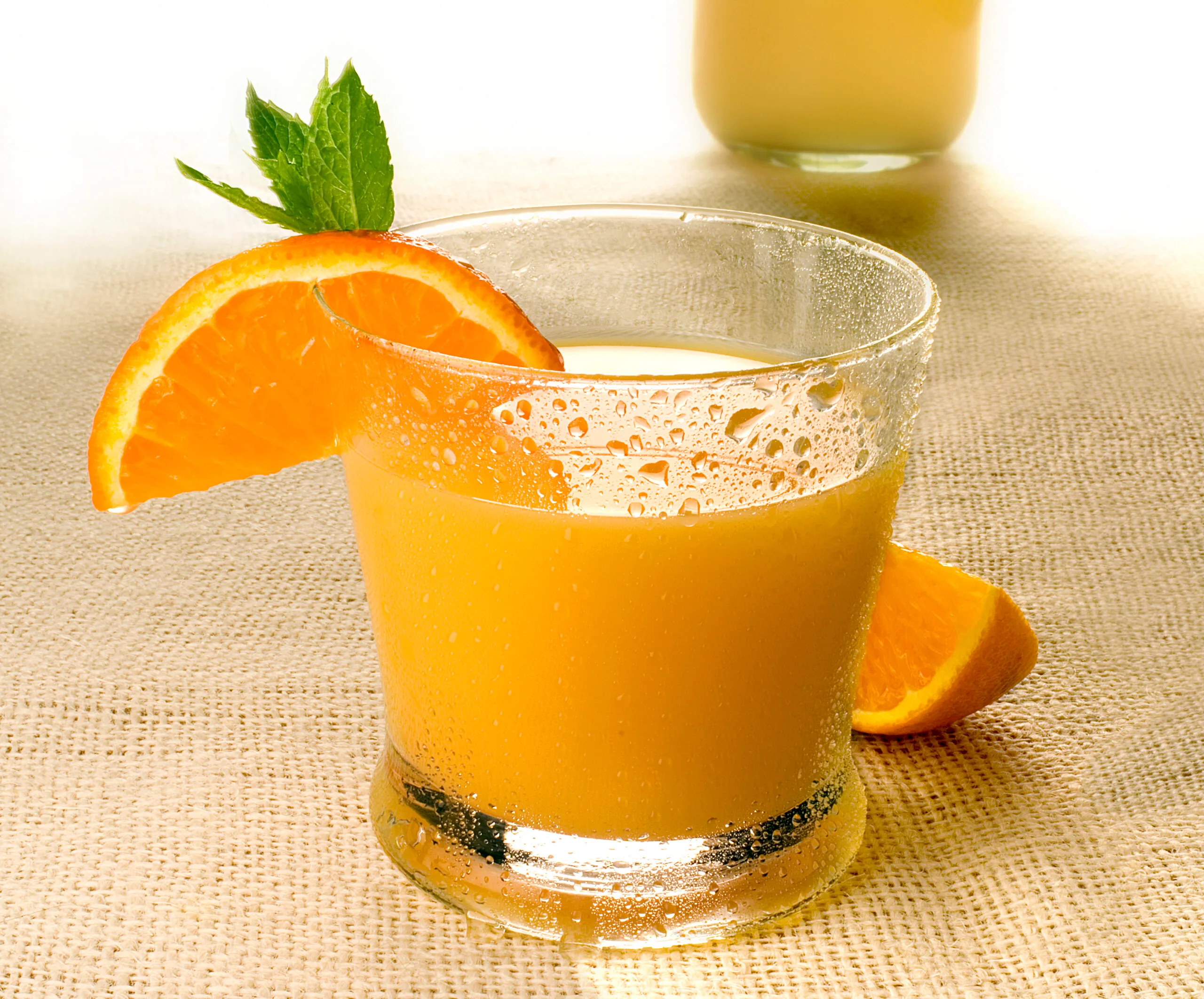When you think about sugar, do you visualise a breakfast cereal or a can of soft drink? Or is it an apple or doughnut that first comes to mind?
The truth is, all of these contain sugar, but that doesn’t mean they’re all unhealthy foods.
Confused? That’s not at all surprising – there are lots of misconceptions out there.
Should I stop eating sugar?
Some people think it’s evil, but since sugars are carbohydrates, they are helpful for providing us with a source of energy.
But while a moderate intake is just fine, too much can contribute to health problems like weight gain, heart disease and tooth decay.
Accredited practising dietitian Dr Georgina Williams from the University of Newcastle says that making healthy food choices doesn’t mean shunning the stuff completely.
Instead, she suggests looking at the type of food you’re eating and what value it offers.
For example, if it’s a whole food that has naturally occurring sugars – such as a piece of fruit or glass of milk – that’s a healthy food choice because of all the nutrients that come with it.
But if it’s a highly processed food containing added sugars, you’re probably getting too much with little nutritional value.
‘We need to think about how we’re having sugar,’ Dr Williams explains. ‘For example, the sugar in milk is lactose, and we normally have that in a dairy product where there’s also calcium, protein, fats and other nutrients that help slow down the sugar’s absorption, and the body interacts with it in a different way than when we have, say, table sugar added to a coffee, which is more likely associated with blood-glucose spikes and little other nutritional value.’

Check the labels
When comparing packaged foods that contain added sugar, such as yoghurt, check the nutritional information panel and go for one with fewer than 15g sugar per 100g.
‘Firstly, it’s great to find yoghurt that doesn’t have it listed at all. But if there’s two and they both have added sugar, look for the one where it’s a bit further down the ingredient list.
‘The ingredients on a product are listed in order of how much is in the product.’
Confusingly, there are lots of names for added sugar, so keep an eye out for labels like maltodextrin and glucose syrup.
Be wary of drinks
Soft drinks, juices, sports drinks and energy drinks all tend to be high in sugar.
‘Often, drinks that are high in added sugar are absorbed quite quickly and we don’t get any sense of fullness,’ Dr Williams says. ‘We get this spike in our levels that passes quite quickly, and we haven’t got any other nutritional benefit. And it’s quite easy to over-consume sugary drinks as well.’

Artificial sweetener: Facts
Lots of people think that zero- or low-sugar products are a good choice for weight management, but research doesn’t conclusively prove this. And artificial sweeteners can still cause tooth decay.
‘For people watching sugar intake for medical reasons, these may be a good alternative,’ Dr Williams says. ‘However, the evidence is still out as to whether artificial sweeteners are a better choice for overall health, and too much can cause gut upsets, and so if people are having sugar in moderation, they may be better off just sticking to small amounts of the real thing.’
When you’re at a café for coffee, do you tend to reach for brown rather than white?
Fact: the idea that brown sugar is healthier is an urban myth.
No matter what colour it is, all added sugar is ultimately absorbed by the body in the same way and should be consumed only in moderation.
Mythbusting: Does sugar colour matter?


